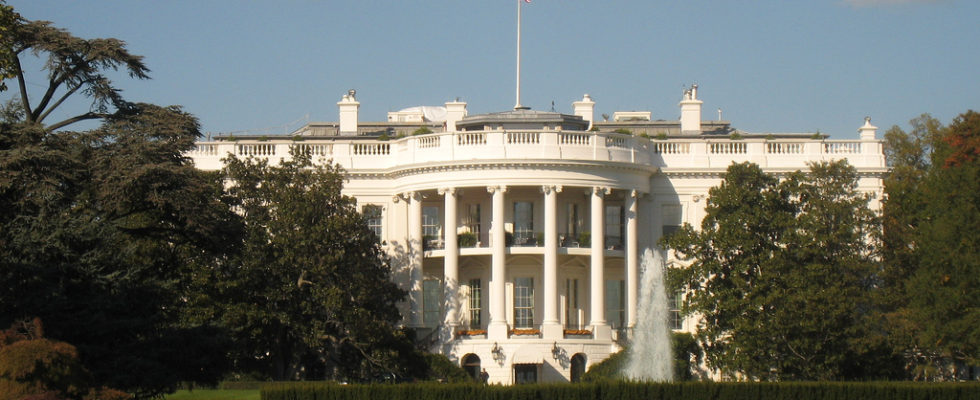The battle to own the rights to your favorite devices got more complicated today as the White House and the International Trade Commission (ITC) made announcements that could conflict with each other about the role of government in patent lawsuits.
The White House called for a need to prevent frivolous patent lawsuits today by announcing seven executive actions, which can take effect immediately, and five legislative priorities, which are listed online here. White House economic advisors also released a study entitled “Patent Assertion and U.S. Innovation” (pdf).
For a quick legal primer, “patent trolls,” are companies that buy a patent specifically to sue companies for infringement and request a settlement to allow the targeted company to avoid expensive litigation. President Obama condemned that practice during a Google hangout video chat in February.
Across town from the White House, the ITC issued an exclusion order against Apple, ruling that it violated a 3G phone technology patent held by South Korea-based Samsung. That could ban the U.S. import of AT&T iPhones including and prior to the iPhone 4S, along with the iPad 2 and previous models of the same device, AllThingsD reports.
Apple announced today that it would appeal the ITC’s ruling at the Court of Appeals for the Federal Circuit.
Obama also has 60 days to decide whether to veto the ITC’s ruling, online here (pdf). The ITC decision might clash with a legislative priority announced by the White House, which would “change the ITC standard for obtaining an injunction … to enhance consistency in the standards applied at the ITC and district courts.”
That potential conflict might lead Obama to veto the exclusion order, according to a Bloomberg West interview with Christopher Carani, a partner at the intellectual property law firm of McAndrews, Held & Malloy (video here).
The U.S. Justice Department, the Federal Trade Commission and the Patent and Trademark Office have all said monetary charges, not sales bans, should be the preferred punishment for infringement of standard-essential patents, which include the 3G technology patent in the ITC decision, Reuters reports.
Standard-essential patents include pieces as small as a screw or switch, and are the subject of intense government debate because devices cannot be built without such pieces that have become an industry standard.
The Electronic Freedom Foundation advocacy group praised the actions and priorities announced by the White House but claimed some reforms did not go far enough to protect tech companies from abusive infringement lawsuits.
[Image via Flickr user Travlr (CC BY-NC 2.0)]

